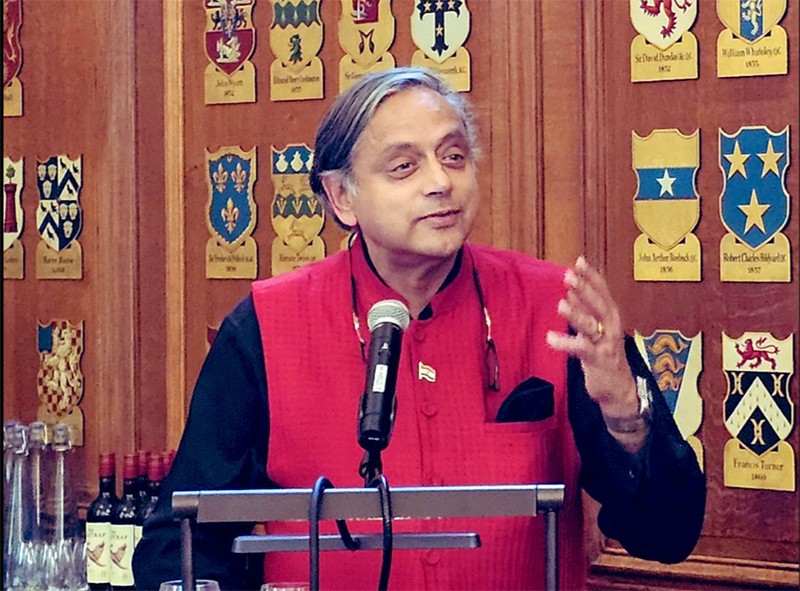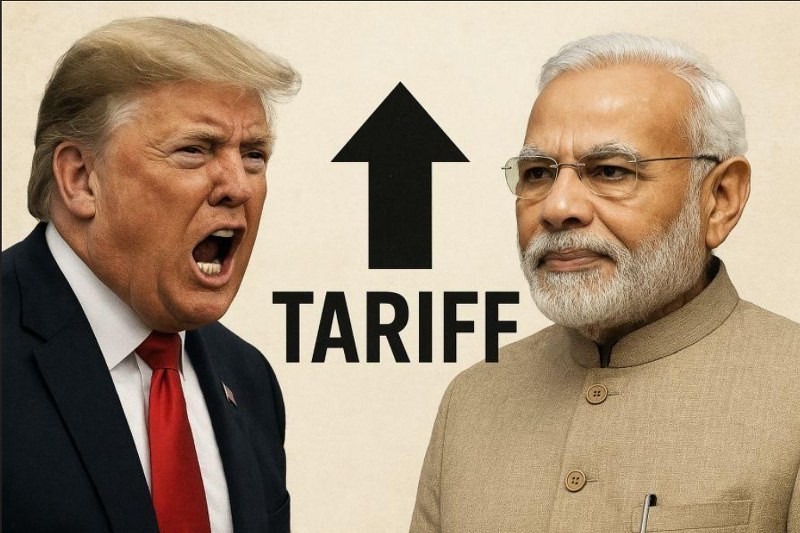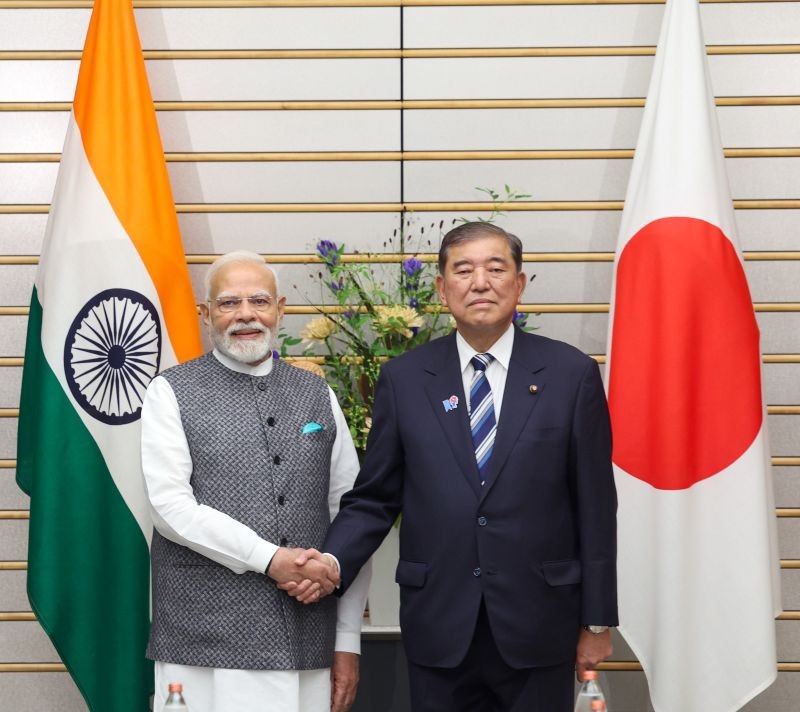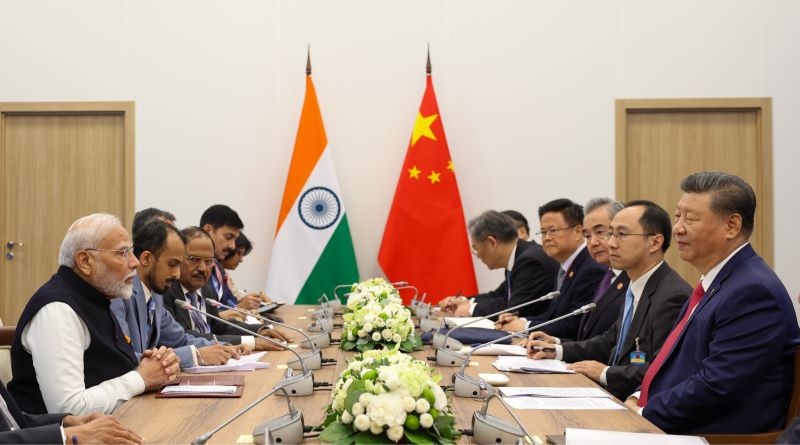Shashi Tharoor rekindles Emergency debate, critiques Congress silence, warns against centralised power

New Delhi: In a move likely to deepen his rift with Congress leadership, senior party leader Shashi Tharoor has written an article on the 1975 Emergency imposed by the Indira Gandhi government. While reflecting on its excesses and long-term lessons, he also took aim at his party colleagues for having “downplayed” those excesses over the years.
The Emergency remains a sensitive issue for Congress, particularly since the BJP under Narendra Modi began observing June 25 as Samvidhan Hatya Divas. Congress has countered this by accusing the BJP of enforcing an “undeclared Emergency”.
In his article for Project Syndicate, Tharoor wrote that the Emergency is still etched in India's collective memory, even after five decades. “I was in India when the Emergency was declared... At its onset, I was struck by the profound sense of disquiet... had been replaced by an eerie silence,” he recalled.
He wrote that the judiciary “buckled under immense pressure”, with the Supreme Court upholding the suspension of habeas corpus. He noted widespread arrests of journalists, activists and opposition leaders, and pointed to “torture in detention and extrajudicial killings” as part of the “horrifying litany of human-rights abuses.”
My column for a global audience on the lessons for India and the world of the Emergency, on its 50th anniversary @ProSyn https://t.co/QZBBidl0Zt
— Shashi Tharoor (@ShashiTharoor) July 9, 2025
Tharoor also highlighted the role of Indira Gandhi’s son, Sanjay Gandhi, in leading the controversial forced sterilisation campaigns and slum demolitions. “The quest for ‘discipline’ and ‘order’ often translated into unspeakable cruelty,” he wrote, referring to coercive actions concentrated in rural and poor communities.
“These acts were later downplayed as unfortunate excesses,” he wrote, taking a veiled swipe at Congress' attempt to sanitise its legacy. Tharoor also discussed the trauma these actions caused among affected communities, which influenced the electoral backlash that voted Indira Gandhi out of power.
Marking the 50th anniversary of the Emergency as a moment for “historical reflection and introspection,” Tharoor warned that such authoritarian tendencies can emerge subtly. “It showed how the erosion of freedom often happens: subtly at first... until ‘family planning’ and ‘urban renewal’ become forced sterilizations and arbitrary home demolitions,” he wrote.
He emphasised three key lessons: the importance of an independent press, a judiciary resistant to executive overreach, and the dangers posed by a dominant executive unchecked by democratic safeguards.
“The Emergency was possible precisely because power was centralized to an unprecedented degree,” he noted.
While affirming India today is more robust and confident, Tharoor warned, “The temptation to centralize power, to silence critics... can emerge in many forms, often cloaked in the rhetoric of national interest.”
He concluded: “Let us not merely remember the Emergency as a dark chapter... but instead internalize its lessons... democracy cannot be taken for granted; it is a precious inheritance that must be constantly nurtured and fiercely defended.”
Though Tharoor’s article warns against autocratic regimes, it also confronts Congress’ historical silence on the Emergency and Sanjay Gandhi’s role—an issue the party has long tiptoed around. His criticism comes at a time when his ties with the party high command appear strained.
Tensions escalated after Tharoor praised the NDA government's handling of Operation Sindoor, following the Pahalgam attack, and participated in India’s diplomatic outreach. His praise for Prime Minister Modi last month prompted a jab from Congress president Mallikarjun Kharge: “We said the country comes first, party later. Some people feel ‘Modi first, country later’.”
Tharoor responded with a cryptic post: “Don’t ask permission to fly. The wings are yours. And the sky belongs to no one,” accompanied by an image of a bird in flight.
As a former diplomat, Tharoor has been vocal in articulating India's stance post-Pahalgam, earning praise even from critics for rising above party lines during a national crisis. Congress, which initially backed the Centre’s response, later changed tone by demanding transparency on the ceasefire and questioning possible U.S. involvement—further fuelling intra-party tensions over Tharoor’s alignment with the government.




